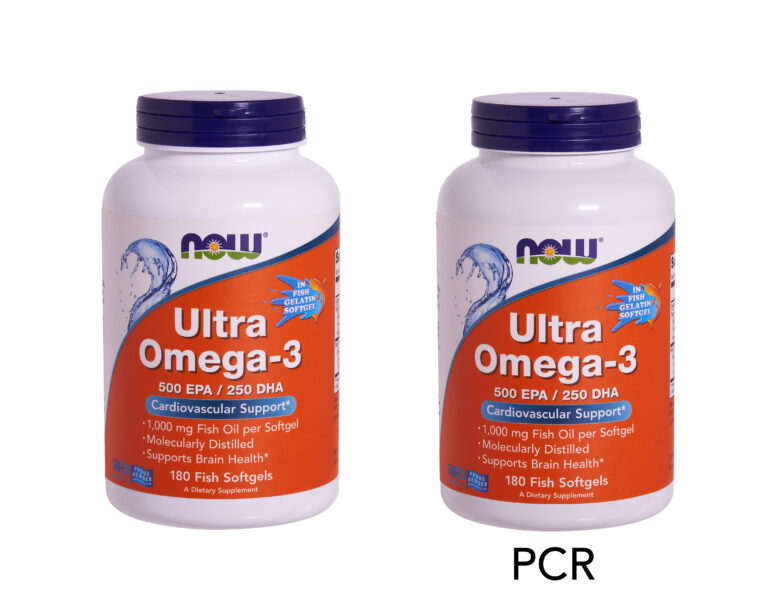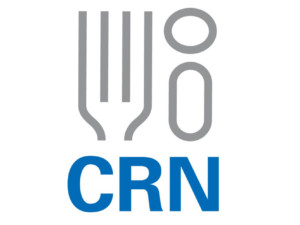As part of a decades-long mission to reduce environmental impact, NOW announced they have begun transitioning supplement bottles to 100 percent post-consumer recycled (PCR) resin. This transition will be rolled out initially to every product in the extensive supplement line currently packaged in white bottles, with sports nutrition, pet supplements and personal care lines to follow.
“This has been a long learning process for us, but an investment that we feel is very important as it supports our sustainability efforts,” said Kim Perkins, NOW’s vitamin brand manager. “We reviewed multiple options in this process from glass and aluminum to HDPE, because we wanted to maintain our quality standards while also reducing the impact on cost. PCR allows us to re-use recycled packaging materials and lighten our footprint on the earth. We have also joined the Association for Plastic Recyclers specifically to stay up to date on new recycling initiatives to continue to reduce our waste in the future.”
Based on supplement bottle production in 2022, NOW estimates over 3 million pounds of plastic will be diverted for use in PCR bottles used by the company in the first year alone. This number will grow as more items in the NOW catalog are switched to the new packaging. Because of the recycled nature of the PCR bottles, people may notice some slight color variations in the bottles, which is normal.
This achievement has been several years in the making, with painstaking attention to detail. NOW performed quality testing and a sophisticated leaching study prior to making this change, taking nearly two years to make sure that bottle quality would not be inferior or cause any quality issues. Specifically, those tests included:
- Oxygen Permeability Testing: Measures the ability of a barrier material (virgin resin vs. PCR resin) to allow gases (O2) to permeate through it in a specific time. Gas permeability may vary with temperature, humidity, pressure, and packaging thickness.
- Water Vapor Permeability Testing: Measures the passage of water vapor through product packaging. All packaging materials permeate, but this can be impacted by temperature and humidity. Reducing water vapor permeability is a key aspect to ensuring shelf-life and product quality.
- Leaching Study: The leaching study was done using a porous resin specifically designed for trapping volatiles and semi-volatiles to prevent contamination that would be present if an actual product was used. To take that a step further NOW did the leaching into ethanol as well, which acts as a solvent and would cause more leaching than any powdered product.
- Micro testing total aerobic count as well as yeast and mold: All samples of PCR PET bottles were within micro specifications for total aerobic count, yeast, and mold.
NOW’s tests showed that the PCR bottles performed as well as or better than virgin resin PET bottles. “The long road to making this positive change was supported by the strong commitment of NOW management and staff, and we all find it a deeply rewarding accomplishment on our continued sustainability journey,” Perkins said.
For more information, visit www.nowfoods.com.







![[Extra! Extra!] Talking Gut-Brain Axis Nutrition With NOW’s Neil Levin](https://vitaminretailer.com/wp-content/uploads/2024/03/GutBrainAxis-300x131.jpg)





